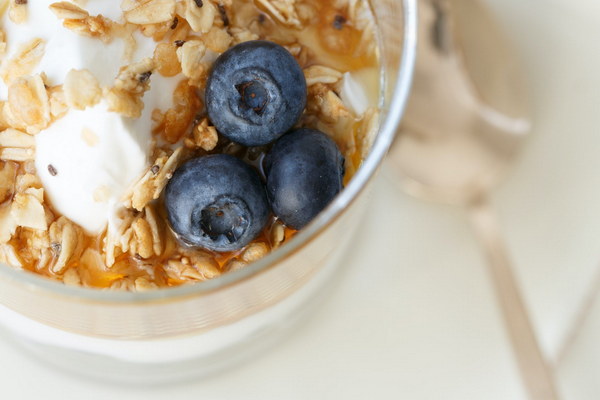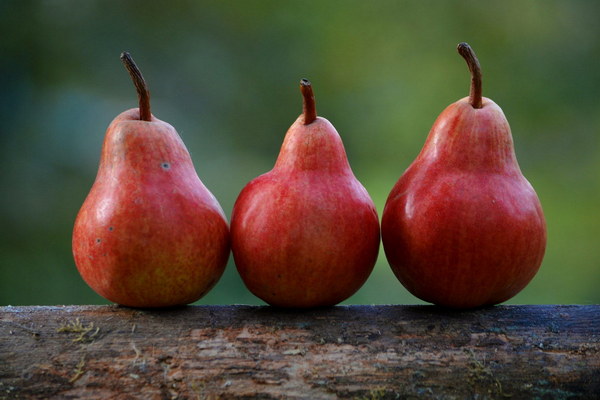Liver Care Tips for Night Owls How to Protect Your Liver After All-Nighters
In today's fast-paced world, staying up late has become a common occurrence for many people. Whether it's due to work, socializing, or simply the allure of the night, all-nighters can take a toll on our health, especially our liver. The liver plays a crucial role in detoxifying the body, processing nutrients, and producing bile. However, when we consistently deprive it of adequate rest, we put it at risk of damage. Here are some essential tips to help night owls protect their liver after all-nighters.

1. Stay hydrated
One of the first steps to take after an all-nighter is to rehydrate. The liver is heavily involved in processing water and maintaining fluid balance. Drinking plenty of water can help flush out toxins and aid in the liver's recovery process. Aim for at least 8-10 glasses of water throughout the day.
2. Eat a balanced meal
After a long night without food, your body is likely to be low on energy. Consuming a balanced meal rich in nutrients can provide the liver with the necessary fuel to repair itself. Focus on incorporating a variety of fruits, vegetables, whole grains, lean proteins, and healthy fats. This will ensure your body receives essential vitamins, minerals, and antioxidants to support liver health.
3. Avoid excessive alcohol consumption
Alcohol is a known liver toxin. When you're sleep-deprived, your liver's ability to metabolize alcohol is compromised. To minimize the damage, limit your alcohol intake or opt for non-alcoholic beverages. If you do consume alcohol, do so in moderation and always drink plenty of water to stay hydrated.
4. Incorporate antioxidants
Antioxidants can help neutralize harmful free radicals and protect your liver from oxidative stress. Foods rich in antioxidants include berries, dark leafy greens, nuts, seeds, and cruciferous vegetables. Additionally, you can incorporate supplements like milk thistle, turmeric, and alpha-lipoic acid, which have been shown to support liver health.
5. Exercise regularly
Regular physical activity can boost liver function and improve overall health. Exercise increases blood flow, which helps the liver remove toxins and metabolize fats more efficiently. Aim for at least 30 minutes of moderate-intensity exercise most days of the week. This can include activities such as walking, cycling, or swimming.
6. Get enough sleep
While it may be difficult to catch up on sleep after an all-nighter, it's essential to prioritize rest. Sleep is crucial for the liver to repair itself and maintain its functions. Try to establish a consistent sleep schedule, even on weekends, to ensure you're getting enough rest.
7. Manage stress
Stress can have a negative impact on your liver health. Find healthy ways to manage stress, such as practicing mindfulness, deep breathing exercises, or engaging in activities you enjoy. These techniques can help lower cortisol levels and promote relaxation, which is beneficial for your liver.
8. Consult a healthcare professional
If you're concerned about the impact of all-nighters on your liver health, it's essential to consult a healthcare professional. They can provide personalized advice and recommend appropriate tests or treatments if necessary.
In conclusion, while it's impossible to avoid all-nighters altogether, there are steps you can take to protect your liver after such events. By staying hydrated, eating a balanced diet, limiting alcohol consumption, incorporating antioxidants, exercising regularly, getting enough sleep, managing stress, and consulting a healthcare professional when needed, you can help support your liver's health and reduce the risk of long-term damage. Remember, your liver is a vital organ, and taking care of it is crucial for overall well-being.









